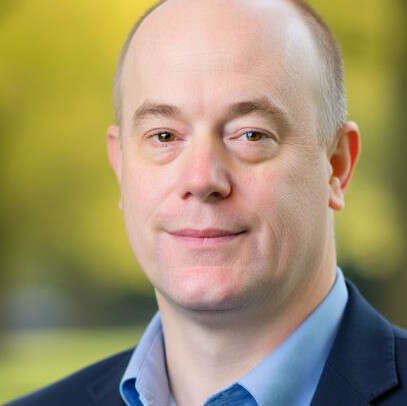Who deserves divine power?
Your character discovers something that seems divine, miraculous, world-changing. Their first instinct reveals everything about who they are—do they hoard it, share it, study it, or try to control access? The Strand Series starts by wrestling with this question. Ephriam Biggs discovers power beyond contemporary understanding. Others soon come into contact. Their immediate response strips away all pretense and shows their true nature.
Historically, man has been “scarcity minded.” That is, what’s mine is mine. What’s yours should be mine. Read any history book and you’ll see the same refrain repeated.
Colonial America was no different. We have mythological ideas of who our founders were. Yes, they were great men and did some great things. But their motives weren’t always pure.
Any advantage, no matter how small, could tip the balance. Better weapons, new trade routes, stronger alliances. Everyone scrambled for whatever edge they could find.
We’re living through our own version of this right now.
Companies are pouring billions into AI development. Using massive amounts of electricity. Creating resource costs nobody wants to calculate. Why? Because they’re terrified their competitors will get there first. The “smart” approach would be to work together.
“We have to build it because China might build it.” “We need this capability because our rivals are developing it.” “If we don’t do this, someone else will do it worse.”
Sound familiar? It’s the same logic that drove colonial powers to grab whatever advantages they could find, regardless of the long-term costs.
Of course, as a fiction writer, I need conflict to advance the plot and story. How the same miraculous discovery reveals completely different character values.
- The patriot wants it for his cause. Freedom depends on having every possible advantage against tyranny.
- The loyalist wants it for the crown. Order and civilization require strong institutions with superior capabilities.
- The opportunist wants it for personal gain. Power is power, and smart people figure out how to profit from it.
- The scholar wants to understand it. Knowledge belongs to humanity, not to any single faction.
- The idealist wants to benefit everyone. If this is truly divine, it should serve all God’s children.
Each character can make a compelling moral case. Each thinks they’re being responsible stewards. Each believes their enemies would misuse what they would use wisely.
That’s what makes it interesting. There’s no clear villain, just people with different visions of what responsible power looks like. Different visions of the future.
This is where the Christian angle gets really complex.
What if this power is genuinely divine? What if your character has stumbled across something that God intended for humanity?
The biblical precedent is clear. Divine gifts come with responsibilities. The parable of the talents. The warning about hiding your light under a bushel. The expectation that blessings should be shared. We’re called to care for the widow, the orphan, the foreigner; those who are powerless.
But here’s the catch. How do you know what God’s will is?
Maybe you’re supposed to be a guardian, protecting this power until humanity is ready for it. Maybe you’re supposed to be a gatekeeper, carefully controlling who gets access. Maybe you’re supposed to be a herald, sharing it as widely as possible.
The humility to admit you might be wrong becomes crucial. The character who assumes they know God’s plan is often the one who gets it most spectacularly wrong.
Characters who discover miraculous power face the ultimate test of their values.
Do they think in terms of scarcity or abundance? Do they trust others with power or assume the worst? Do they believe in stewardship or ownership? Do they prioritize their faction or humanity as a whole?
The discovery doesn’t change who they are. It reveals who they’ve always been.
And that’s exactly what we’re seeing with AI today. The technology isn’t making people good or evil. It’s amplifying the values they already had. I’ve told my tech-friends that AI is a skill multiplier. If you have zero skill, it’s multiplying that 2-5x.
Some see it as a tool for human flourishing. Others see it as a weapon in zero-sum competition. Some want to democratize access. Others want to control it for safety.
All of them think they’re being responsible. All of them have reasons for their approach.
Writing characters who grapple with divine power means exploring these competing visions of responsibility. Not to judge who’s right, but to understand why good people can reach such different conclusions about the same miraculous discovery.
